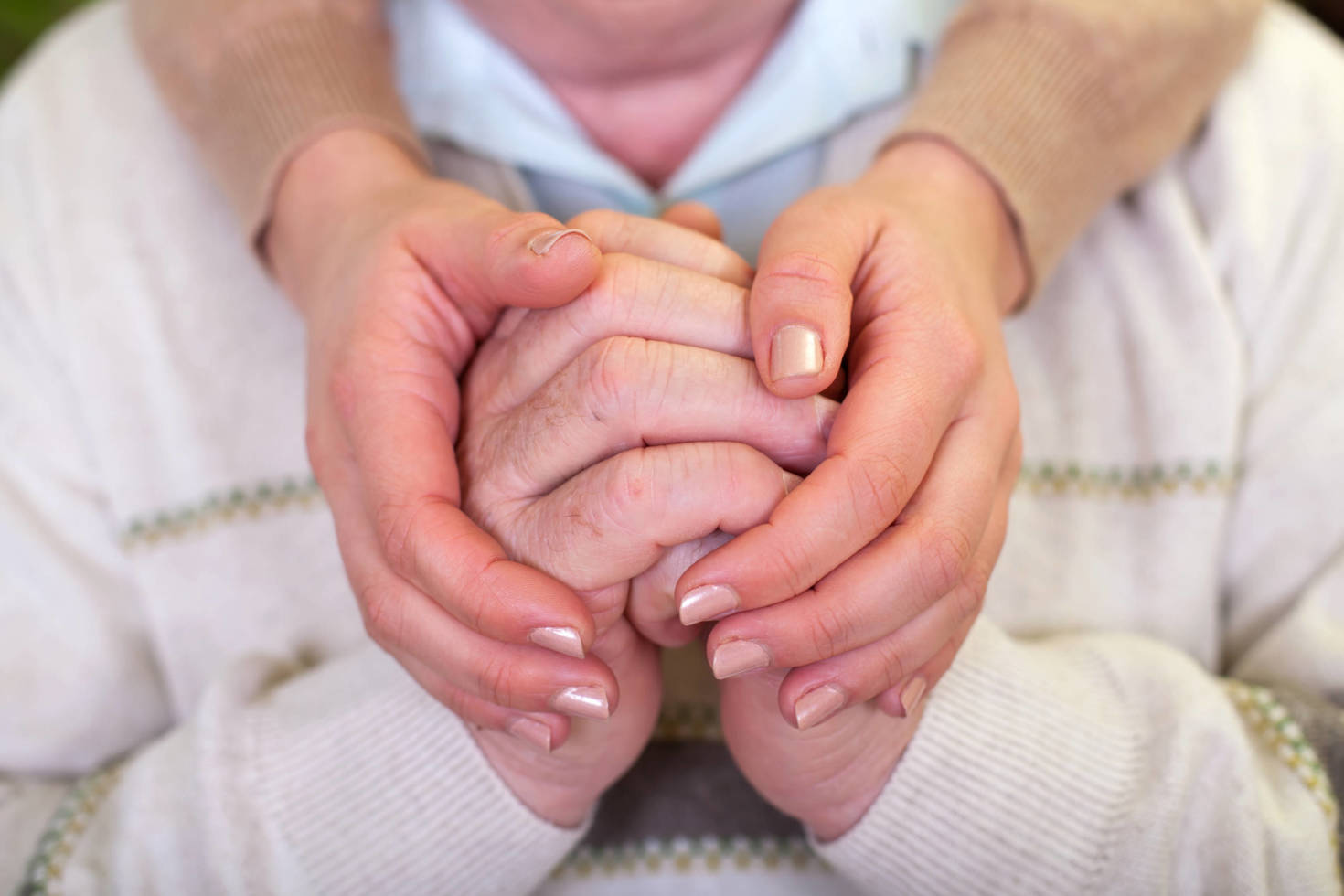2022-2026 State Health Improvement Plan Priority Area Workgroup Charter – Alzheimer’s Disease and Related Dementias
Alzheimer’s disease is an irreversible, progressive brain disorder that slowly destroys memory and thinking skills, and, eventually, the ability to carry out the simplest tasks. It is the most common cause of dementia among the senior population. African Americans are twice as likely and Hispanics are one and a half times as likely as the older White population to have Alzheimer’s disease and other dementias. Prevalence is higher among women compared to men; two-thirds of Americans with Alzheimer’s disease are women. There is no known cure, however, innovative research may provide hope for effective and novel treatment for this incapacitating disease.
- Strengthen the capacity to address Alzheimer’s disease and related dementias.
- Ensure a competent Alzheimer’s disease and related dementias workforce.
- Enhance support for those living with Alzheimer’s disease and related dementias and their caregivers.

Purpose:
The purpose of Priority Area Workgroups (PAWs) is to contribute to, monitor and report on the goals and objectives for the priority areas selected by the State Health Improvement Plan Steering Committee. The PAWs serve as the operational component for engaging cross-sector collaborators in efforts to address the priorities, goals and objectives. This charter outlines the primary roles and responsibilities of the PAWs in their effort to improve the health of all Floridians.
Primary Functions
- Develop goals and measurable objectives for each priority area
- Create implementation plans to drive action
- Monitor and provide quarterly progress updates on State Health Improvement Plan objectives and activities
- Compile recommended revisions to State Health Improvement Plan goals and objectives for approval by the State Health Improvement Plan Steering Committee
- Serve as champions for the State Health Improvement Plan by increasing awareness and engagement throughout networks
Roles and Responsibilities
Each PAW will consist of a chair and general PAW members. Additional chairs may be selected at the discretion of each PAW and general PAW members may be selected by the State Health Improvement Plan Steering Committee. Chairs and general PAW members will be responsible for maintaining their respective duties throughout the five-year duration of the State Health Improvement Plan.
Initial PAW Roles:
- Develop no more than four (4) goals under each priority area
- Develop no more than three (3) objectives for each goal; objectives shall be SMART (Specific, Measurable, Achievable, Relevant and Time-bound)
- Develop an implementation plan to outline activities and how objectives will be measured
PAW Chairs:
- Use subject matter expertise to provide leadership and direction to the PAW
- Actively monitor PAW membership and invite partner organizations that will contribute to PAW-specific goals and objectives
- Convene PAW at least once per quarter to review progress and prepare for quarterly reporting deadlines
- Submit quarterly updates on objective status, activity progress and key accomplishments
- Obtain PAW member feedback when compiling recommended revisions to State Health Improvement Plan goals and objectives for approval by the State Health Improvement Plan Steering Committee
- Participate in PAW activities (e.g., providing feedback, answering surveys, collecting and analyzing data)
- Request assistance and input on State Health Improvement Plan activities from stakeholders and partners
PAW Members:
- Provide quarterly updates on objective status, activity progress and key accomplishments to PAW chairs and members
- Participate in PAW activities (e.g., providing feedback, answering surveys, collecting and analyzing data)
- Identify and recommend partner organizations to engage in ways that support PAW-specific goals and objectives
- Consider new objectives or activities that will better accomplish State Health Improvement Plan goals or address identified gaps in the State Health Improvement Plan
Meeting Frequency and Process:
- Each PAW will meet (via conference call, virtual format, in-person, etc.) at least once per quarter or on an as needed basis (whichever is needed to best fulfill the primary functions of the group) to discuss progress on priority objectives
- Each PAW should meet at least annually to compile recommended revisions to State Health Improvement Plan goals and objectives for approval by the State Health Improvement Plan Steering Committee
Member Time Commitment
The duration of the 2022-2026 State Health Improvement Plan, which is a five-year plan.
Florida SHIP Priority Area Members
Alzheimer's Disease and Related Dementias
Alzheimer's Disease and Related Dementias
Chair Organizations:
Member Organizations:
- AARP Florida
- AdventHealth Memory Disorder Clinic
- Aetna Better Health of Florida
- Agency for Health Care Administration
- Alzheimer’s Association of Florida
- American Heart Association
- AmeriHealth Caritas Florida
- Area Agency on Aging for North Florida
- Baptist Health
- Big Bend DCCI Taskforce
- Elder Options
- Feeding Florida
- Florida A&M University
- Florida Association of Community Health Centers
- Florida Atlantic University
- Florida Community Care
- Florida Department of Elder Affairs
- Florida Department of Health
- Florida Division of Emergency Management
- Florida Health Care Association
- Florida PACE Association
- Florida State University College of Medicine
- Global Alzheimer's Platform Foundation
- Insightec
- Mayo Clinic, Center for Health Equity and Community Engagement Research
- Mayo Clinic
- Medtronic
- National Early Stage Advisory Group for Alzheimer's Association
- Office of Attorney General Ashley Moody
- Sarasota County Health and Human Services
- Simply Healthcare
- Southeast Chapter of the Alzheimer's Association
- Tallahassee Memorial Hospital
- Tallahassee Senior Center
- UnitedHealthcare Community and State
- University of Florida
- University of North Florida
- University of South Florida
